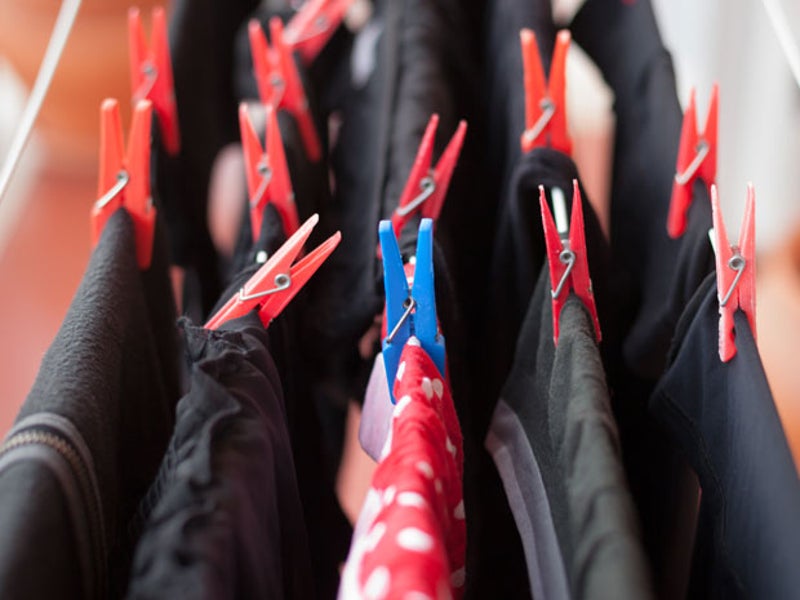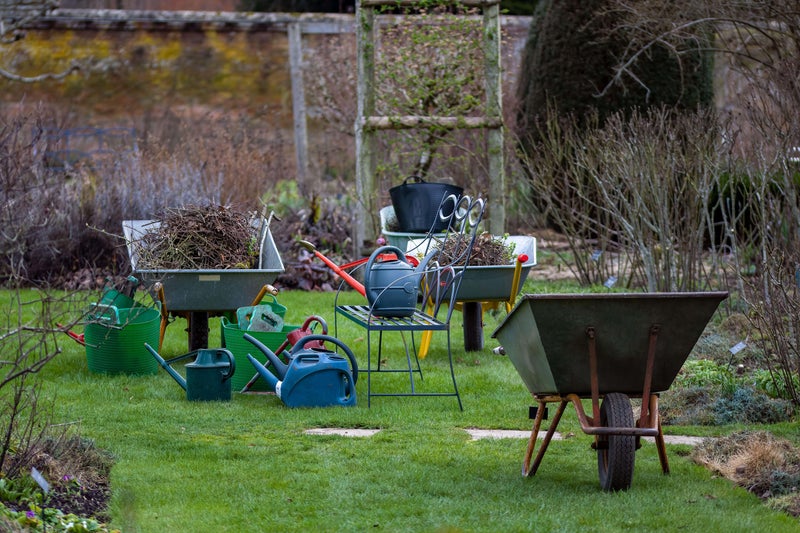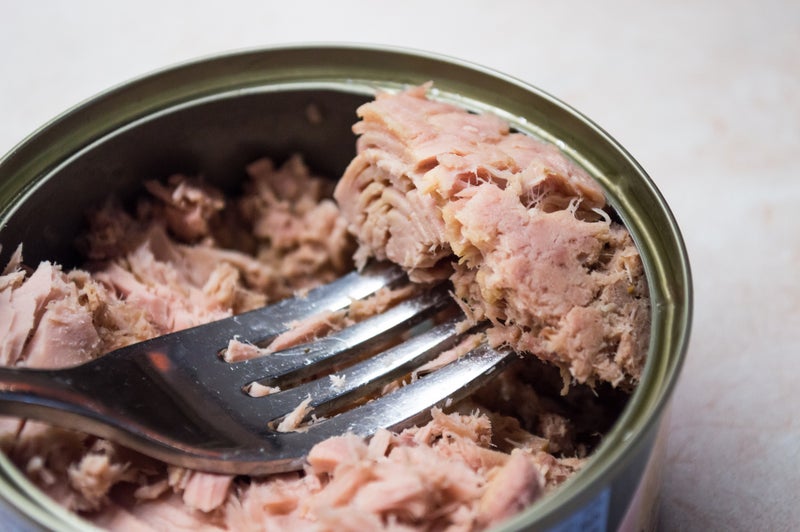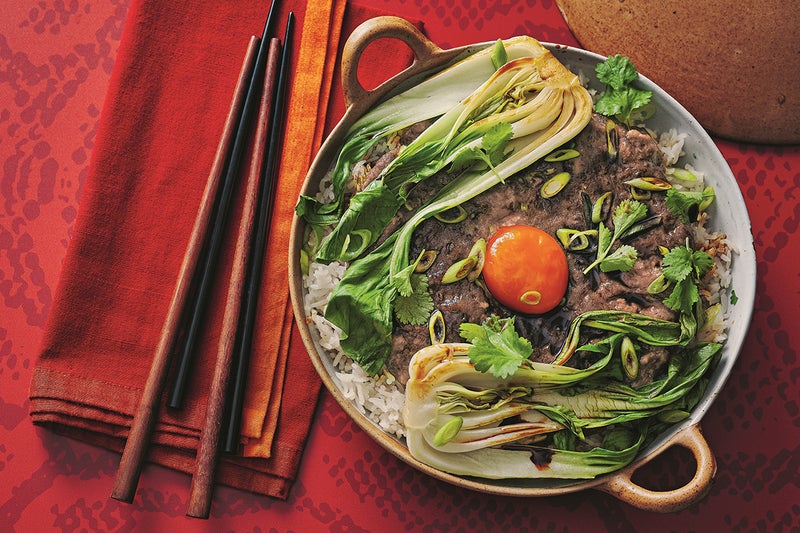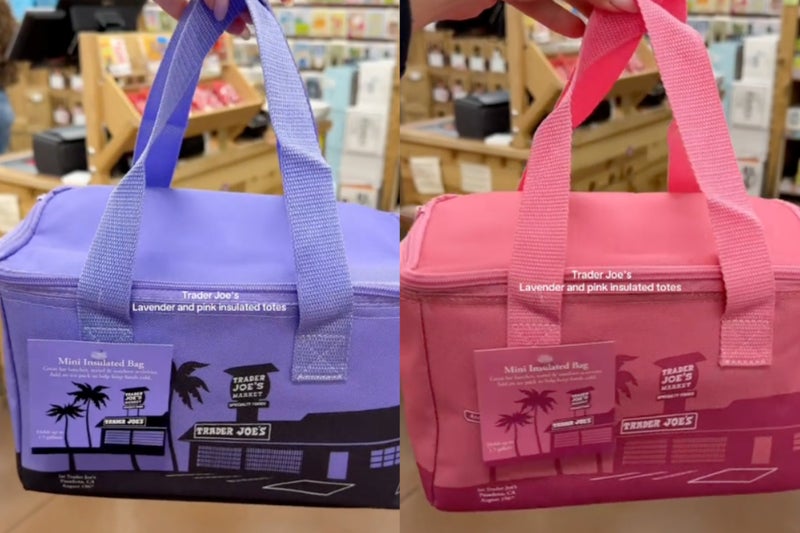‘Love is a risky business, and it hurts,’ says writer Shon Faye. Finding love is a notoriously difficult task. With burnout from dating apps, healing from broken hearts, and the mind games and power plays of situationships, more people are struggling to find a partner than ever before.
It’s an issue that bestselling author Shon Faye tackles in her new book, Love in Exile. “We ache for love, but love eludes us,” she opens in the preface to the text, which has become a sensation on social media. “Out of this crisis comes so much of what it means to be human.”.
Comparing romance to addiction, the writer says euphoric feelings of lust and attraction can cloud judgment and lead to confusion. “At a cultural level there is a widespread mistaking of codependence for love in our culture,” she told an audience at the South Bank Centre in London on Wednesday (26 February).
“For example, if we take sentences that we often consider a sign of great passion and romance like, ‘I think about all the time’, ‘I can’t live without’, ‘I need’, ‘I don’t know what I’m going to do without’, and say that about heroin addiction. But if we say that about our ex...”.
However, she insists that true love is an act of will, and not a fleeting feeling, referring to the work of bell hooks. “Love is an act of will, love is a verb, it’s something we essentially get up to every day to choose to do for ourselves in the world,” she says. “The idea of love [we have] is very similar to addiction.”.
An obsessive and euphoric kind of love can be a sign that it isn’t real, says Faye. “It’s about the gratification of the obsessed, the object of the obsession is actually kind of irrelevant. It’s mostly selfish. We’re staring at the projection of a person.”.
She also adds that desire can complicate matters, with women being discouraged from owning their passion and being judged for expressing it. Rather, they are encouraged to emulate the object of desire. “For women in a patriarchal society to even know what your own desire is and to be able to say it,” is a challenge.
Childhood trauma, family dysfunctions and substance abuse, gender, all pose obstacles, for which the political system does not offer any support. Faye refers to her own experience as a transgender woman and believes that one of the biggest reasons love is difficult to find is because we live in a “techno-capitalist dystopia”. In such a system we are encouraged to commodify ourselves in a transactional manner, making real love difficult to find.
Friendships, family, and community all offer avenues for love and connection, which are undervalued in comparison to romantic relationships, she adds. “Friendship provides us a model for moving forward,” she says. “I talk a lot about friendship as a form of love that's very meaningful in my life. However, friendship serves no aims to capitalism whatsoever.”.
Ultimately, she says, we can only find love through courage and risk. “The only thing I can do is try,” she writes. “Love is, after all, something you only get better at giving and a little better at losing every time you actually try to do it. Learning this way, in practice not theory, humiliates and hurts sometimes.
“There’s no way to feel love without also experiencing loss, which is terrifying. For me, acknowledging this terror is far better than trying to ameliorate it or wish it away. Love is a risky business, and it hurts. I want to bear witness to that and to still try anyway. Now, more than ever.”.

.jpg?auto=webp&width=800)
.jpeg?crop=8:5,smart&quality=75&auto=webp&width=1000)










